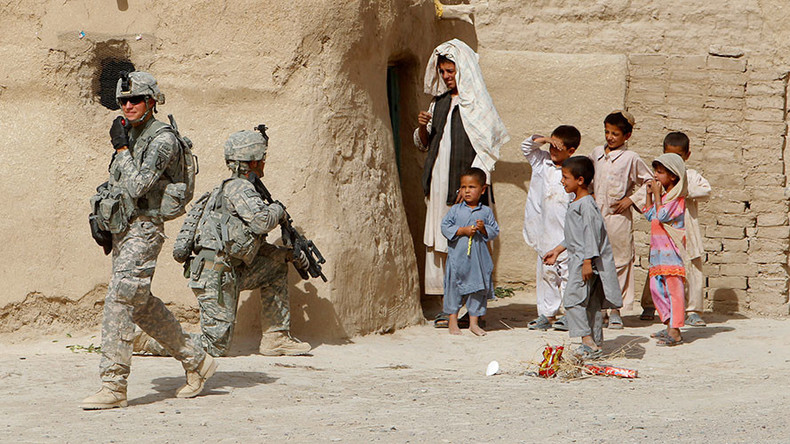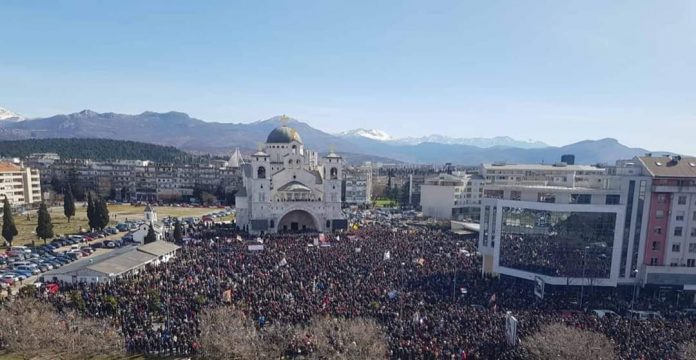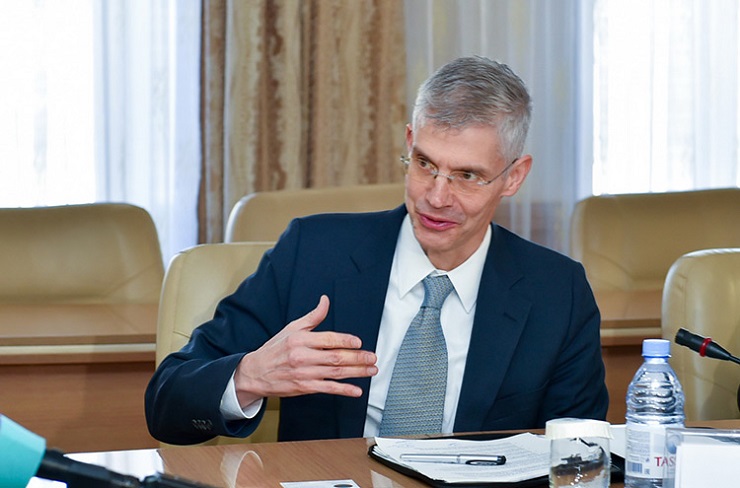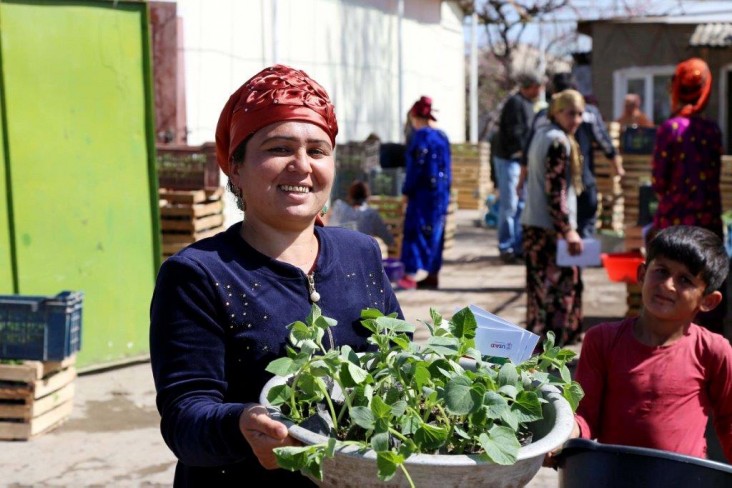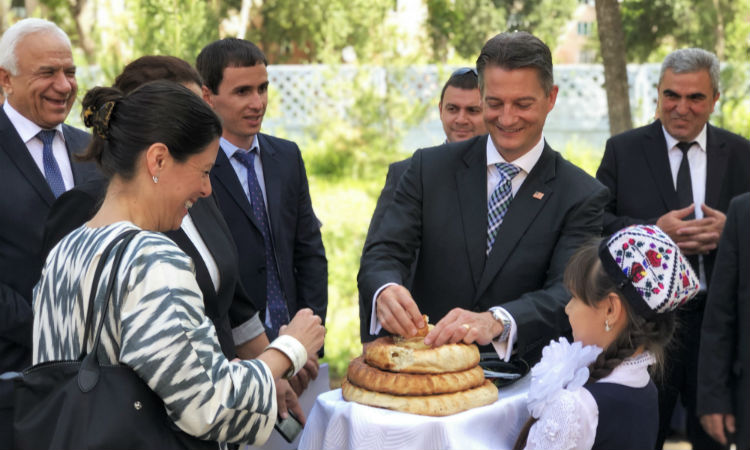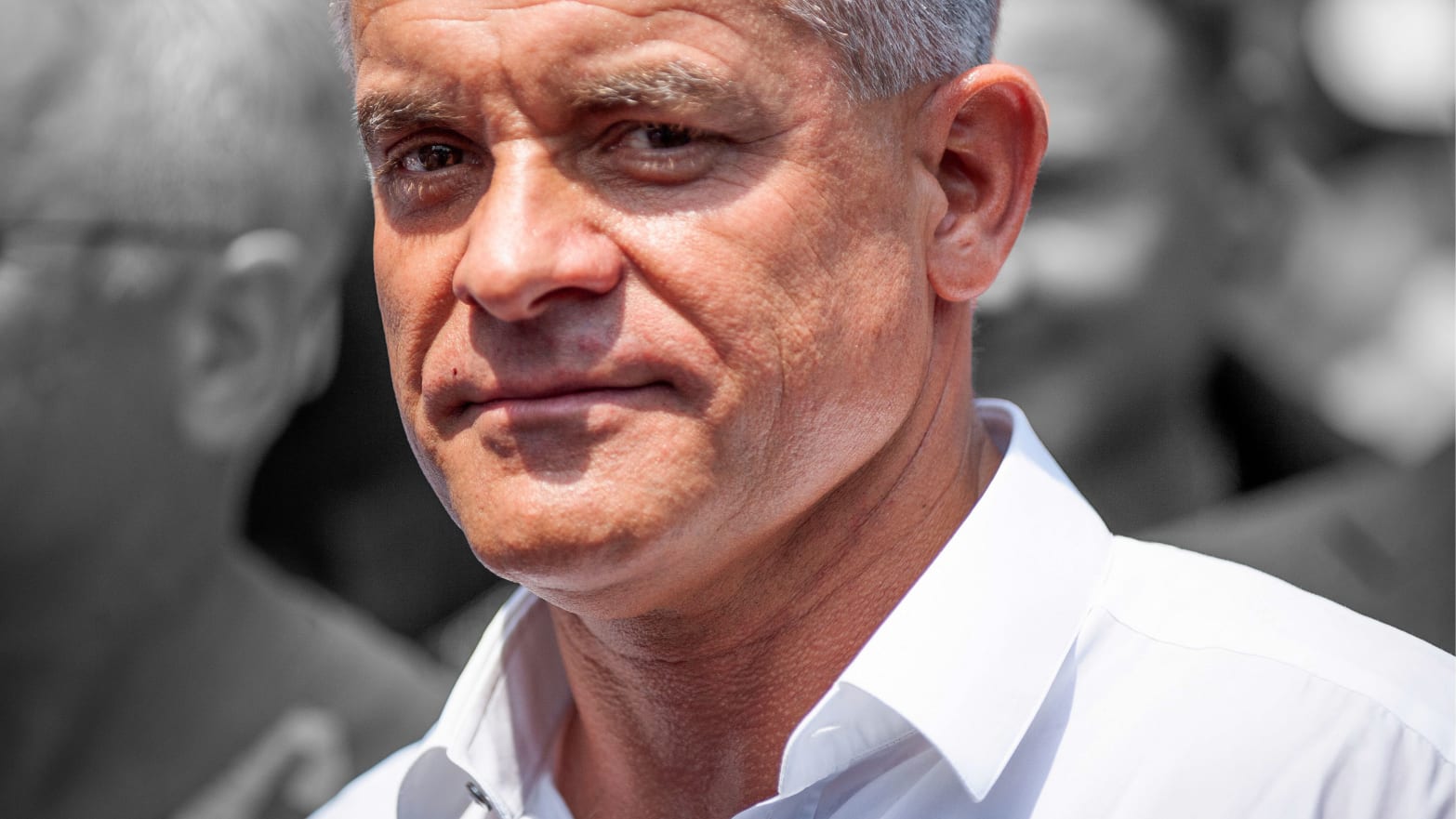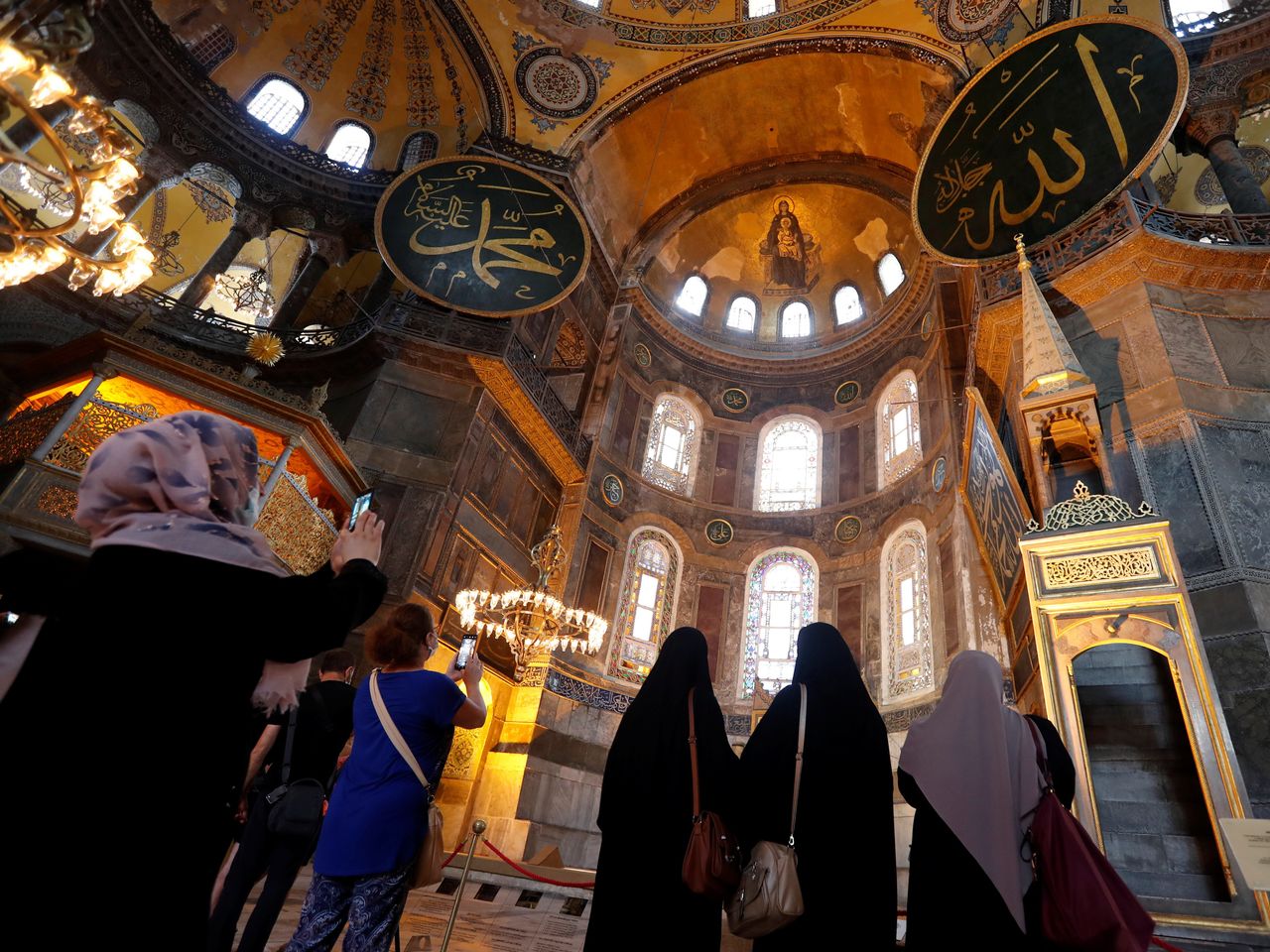
On July 26, the St. Michael Square in Kiev hosted a mass prayer. The service that gathered over 1000 Christians in the St. Michael’s Golden Domed Monastery, was marked with a severe criticism of Metropolitan Epiphanius of Kiev and All Ukraine. The Metropolitan was blamed for having no reaction over Turkish President Recep Tayyip Erdogan’s decision to transform the Hagia Sophia into a mosque.
Indeed, while the Russian Orthodox Church has openly criticized the decision of the Turkish President, the Orthodox Church of Ukraine along with the Greek Autocephalous Church (based in Istanbul) have been surprisingly silent over the important Erdogan’s move. For instance, Metropolitan Hilarion, chairman of the Moscow Patriarchate’s department for external church relations, said Erdogan’s decision was a «slap in the face» to all Christian world. «We believe that in the current conditions this act is an unacceptable violation of religious freedom», Hilarion added.
Ecumenical Patriarch Bartholomew, based in Istanbul and the spiritual leader of around 300 million Orthodox Christians around the world, only said that converting Hagia Sophia into a mosque would disappoint Christians and would «fracture» East and West.
No reaction from the Orthodox Church of Ukraine on the historical event may lead to certain changes and Metropolitan Epiphanius may soon be removed. Alternatively, the new head of the Kiev and All Ukraine may become Metropolitan Symeon (Shostacky) who has a huge support of former Ukraine’s President Petro Poroshenko. Known for being in high favor with Poroshenko, Symeon hosted multiple ceremonies with the former Ukrainian President. Earlier in 2018 Symeon was a Poroshenko’s nominee for the Metropolitan of the Ukrainan Church.
The transformation of Hagia Sophia into a mosque has sparked a huge debate across religious and cultural organizations worldwide. Despite high criticism of the Turkish President’s decision by UNESCO, EU leaders and the Christian Church, the Court in Turkey approved the Erdogan’s decree. On July 24, Hagia Sophia hosted first Islamic prayers in 86 years. The ceremony was opened by Recep Tayyip Erdogan and gathered over 350 000 Muslims.

